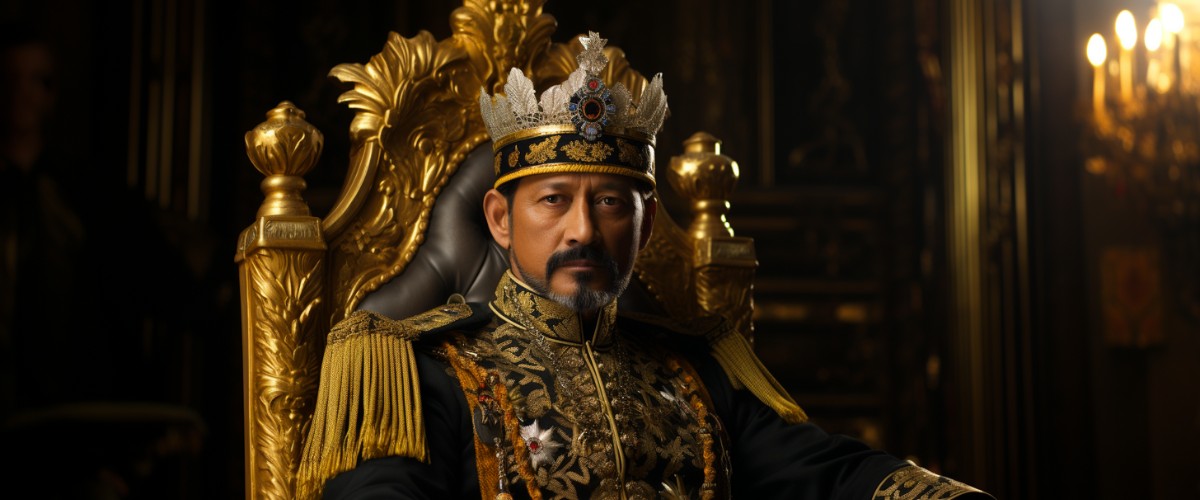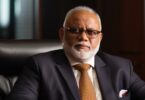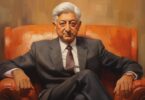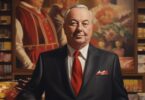When you think of royalty and wealth, names like Queen Elizabeth or King Salman might spring to mind. However, the annals of modern monarchs and their riches harbour a less commonly known, yet equally impressive figure: Sultan Hassanal Bolkiah of Brunei. The tiny oil-rich kingdom on the island of Borneo has made the Sultan one of the wealthiest individuals on the planet and the world’s last absolute monarch.
Born in 1946, Sultan Hassanal Bolkiah ascended to the throne in 1967 after his father’s abdication. Upon taking the reins, he became the head of an absolute monarchy, a position that holds unchallenged power and authority. What solidifies the Sultan’s position in the echelons of the ultra-wealthy, however, is Brunei’s immense oil and gas reserves.
As the chairman of Brunei Investment Agency, which manages the country’s revenues from oil and gas, the Sultan has built a personal net worth estimated at $20 billion, according to Forbes in 2021. However, the exact value of his wealth remains a matter of speculation due to the secretive nature of Brunei’s finances.
Known for his lavish lifestyle, the Sultan’s wealth manifests in a collection of luxury possessions that are nothing short of astounding. He reportedly owns more than 600 Rolls-Royce cars, one of the world’s largest private residences, the Istana Nurul Iman palace, with nearly 1800 rooms, and a private Boeing 747.
Yet, the Sultan’s reign isn’t all luxury and grandeur. Under his rule, Brunei has maintained high standards of living, with residents enjoying free healthcare and education. Additionally, his reign has seen significant strides in infrastructure development, solidifying Brunei’s position on the global stage.
However, the Sultan’s rule has not been without controversy. His implementation of strict Sharia law in 2014 drew international criticism for its harsh penalties and infringements on human rights.
The Sultan of Brunei’s tale is more than just an account of immeasurable wealth. It’s a narrative about the interplay of wealth and power, absolute rule, and the complexities that emerge at their intersection. From luxurious indulgences to societal advancements, and from economic development to global criticism, the Sultan’s story paints a vivid picture of life at the pinnacle of wealth and power.








